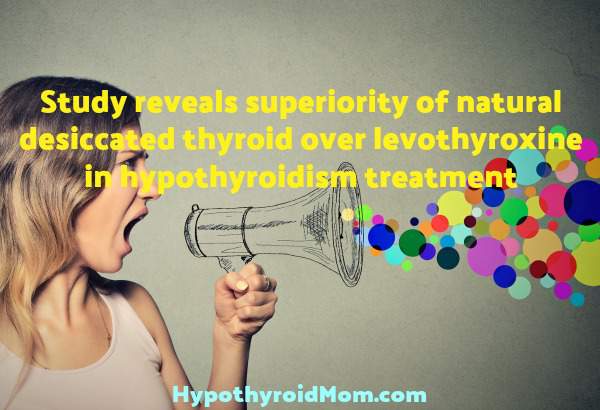Study reveals superiority of natural desiccated thyroid over levothyroxine in hypothyroidism treatment
In 2015, the hypothyroid drug Synthroid by AbbVie was the most prescribed drug in the United States with 21.6 million prescriptions in a 12-month span.[1] Synthroid is a common brand name…


